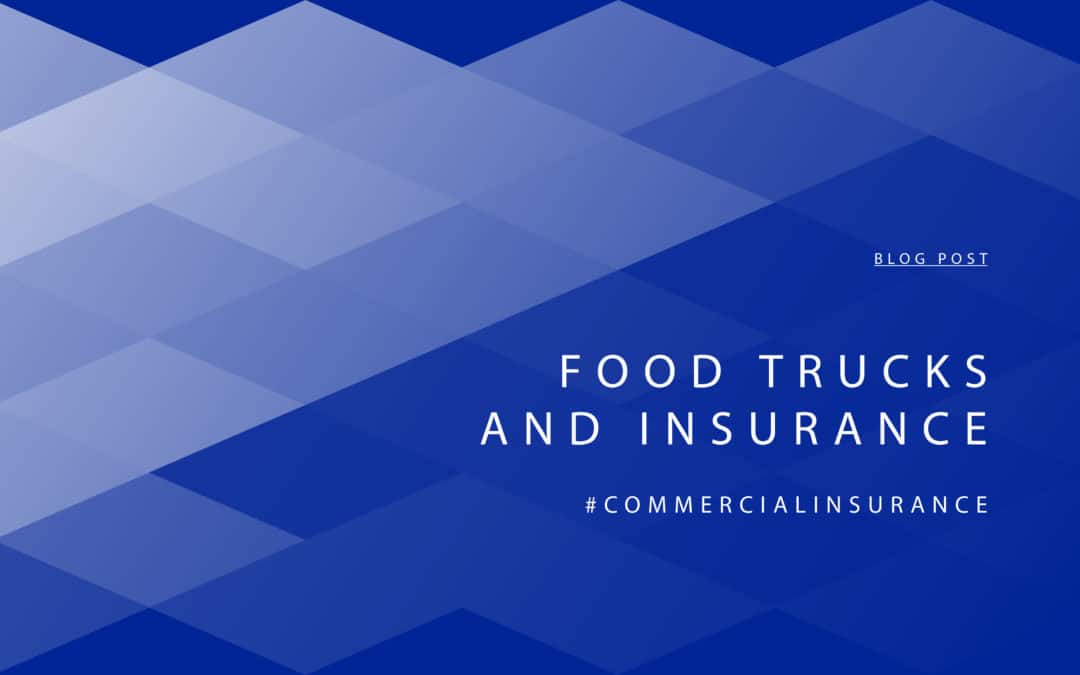If you enjoy cooking for a crowd in a public setting, food trucks are the way to go. You can earn money at fairs, street fests, concerts, athletic events, and other venues. In addition, you can serve lunchtime crowds in commercial areas.
When you operate a food truck, you do the driving, the cooking, and the cleaning, and you manage all of the equipment and paperwork. That includes making sure you have the proper insurance coverage.
Food trucks: Business, vehicle , and kitchen all rolled into one
To state the obvious, a food truck is a truck that serves food. Given that, there’s a certain amount of coverage you need to operate one without putting yourself or the public at risk. Let’s take a closer look at insurance options for food trucks.
Commercial auto insurance
First, you’ll need commercial auto liability insurance for any damage or injury you cause to others while driving the truck. Food trucks operate in crowded areas, so there is a risk your truck could inadvertently hit someone or something.
Commercial auto policies include optional coverage for physical damage to the truck and any equipment permanently installed in it. They also include fire, theft, and vandalism coverage. A lender will most likely require this coverage if you have to borrow money to purchase the vehicle.
General liability insurance
As for preparing and serving food, you’ll need general liability (GL) insurance (distinct from your auto liability insurance). A GL policy will provide coverage for your legal defense and any damages assessed against you for injuries caused by fires, hot oil, electric shocks, or any other part of the food delivery process. The policy may also cover you for claims that your food made someone sick, but you should double-check with your insurance broker about the limits of coverage.
Municipal business ordinances and health codes will most likely require this coverage. You may require other policies, such as workers’ compensation and environmental liability coverage, as well. Check with your insurance professional for guidance on provincial and local insurance requirements.
Commercial property insurance
You will need commercial property insurance for your equipment, food stocks, and other business property (paper goods, utensils, cleaners, signs, awnings, etc.) that are not permanently attached to the vehicle. This coverage is usually bundled with the GL policy. However, you may choose to do without it if you are willing to pay for those losses out of pocket.
Equipment breakdown insurance
You should consider insurance for equipment breakdown. While commercial property insurance pays for losses to your property from outside perils (fire, wind, theft, etc.), it does not cover losses to equipment that arises from accidents or malfunctions within them. For that, you may need equipment breakdown coverage, which would protect you from the economic consequences of a breakdown. You might want to toss food spoilage onto the insurance grill, too. If not, and your fridge malfunctions, you could be stuck replacing the food on your own.
Commercial property and equipment breakdown policies provide options for covering lost income and extra expenses. If you experience property damage, or if you are barred from operating in the wake of a weather disaster or violent event, this coverage will help you.
Cyber insurance
You’re probably using a mobile point-of-sale (POS or mPOS) system. POS or mPOS systems are used to take customer payments, collect data or send receipts. If you’re using one of these systems, you should also be aware that it means you’re transacting personally identifiable information (PII). This means that you can be held liable if your system is hacked. Check with your insurance broker about the coverage and limits on your GL policy.
Speak to your insurance broker about custom coverage for food trucks
Food trucks are becoming more and more popular. Unless your food truck has an unusual level of risk, you should have no trouble finding an insurance policy customized to your kind of mobile food business.
Speak to your insurance broker, they can help create a policy that will cover everything you need to get on the road!

